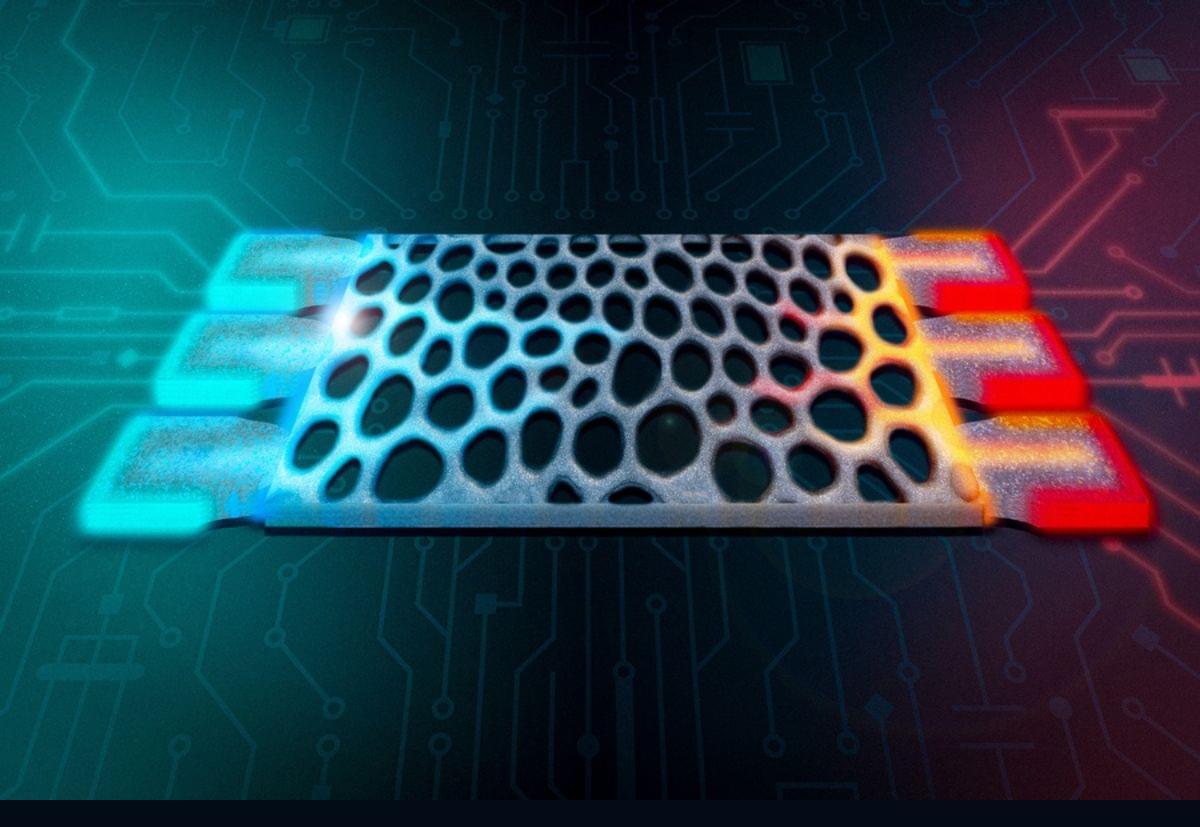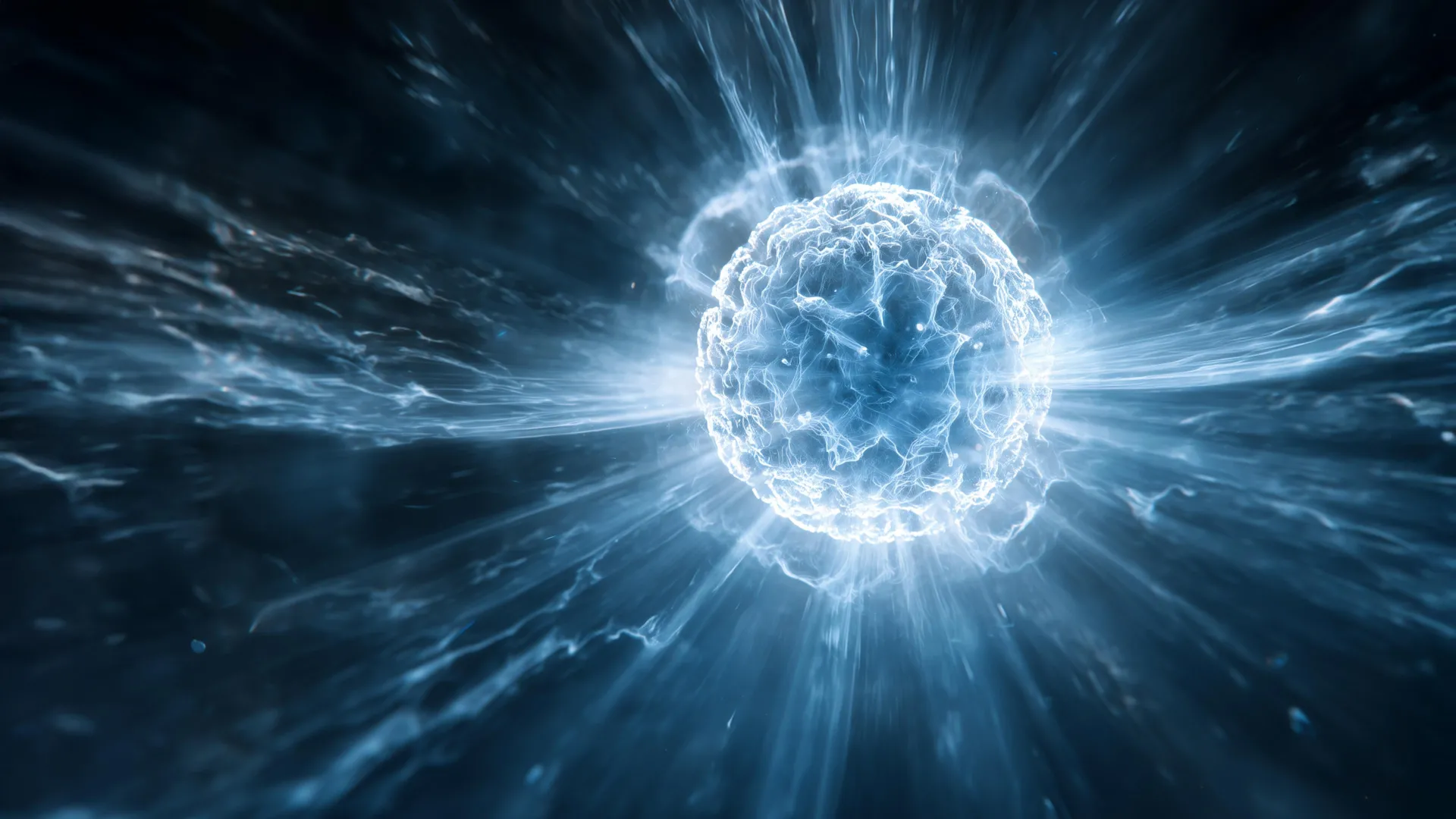PRESS RELEASE — Los Alamos National Laboratory has formed the Center for Quantum Computing, which will bring together the Lab’s diverse quantum computing research capabilities. Headquartered in downtown Los Alamos, the Center for Quantum Computing will consolidate the Laboratory’s expertise in national security applications, quantum algorithms, quantum computer science and workforce development in a shared research space.
“This new center of excellence will bring together the Laboratory’s quantum computing research capabilities that support Department of Energy, Defense and New Mexico state initiatives to achieve a critical mass of expertise greater than the individual parts,” said Mark Chadwick, associate Laboratory director for Simulation, Computing and Theory. “This development highlights our commitment to supporting the next generation of U.S. scientific and technological innovation in quantum computing, especially as the technology can support key Los Alamos missions.”
The center will bring together as many as three dozen quantum researchers from across the Lab. The center’s formation occurs at a pivotal time for the development of quantum computing, as Lab researchers partner with private industry and on a number of state and federal quantum computing initiatives to bring this high-priority technology closer to fruition. Laboratory researchers may include those working with the DARPA Quantum Benchmarking Initiative, the DOE’s Quantum Science Center, the National Nuclear Security Administration Advanced Simulation and Computing program’s Beyond Moore’s Law project, and multiple Laboratory Directed Research and Development projects.





